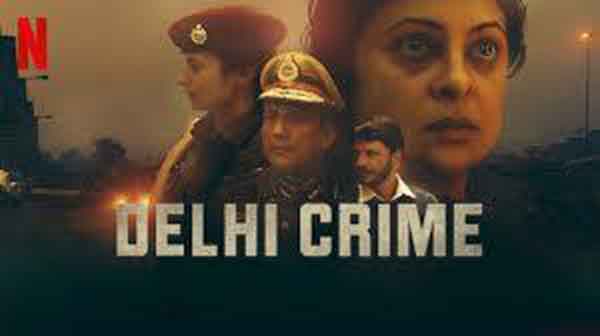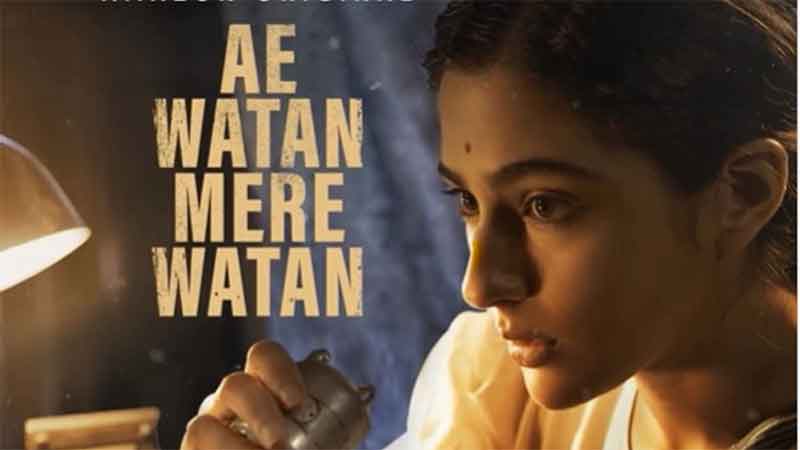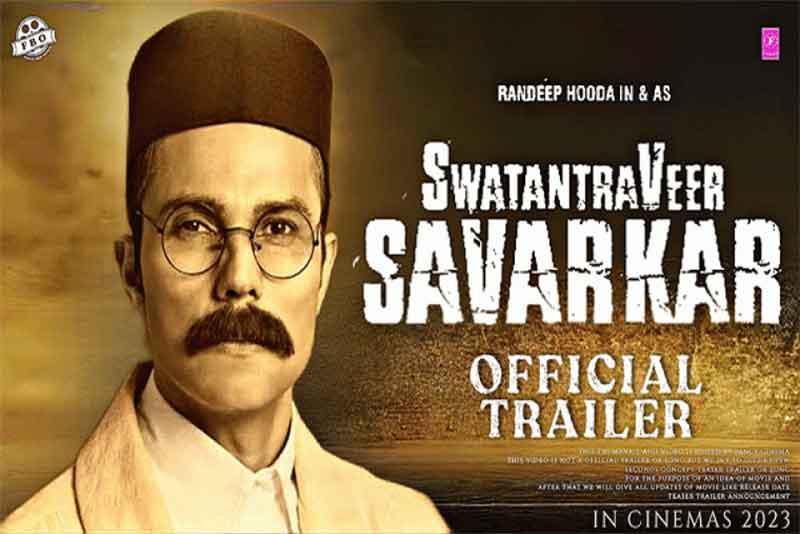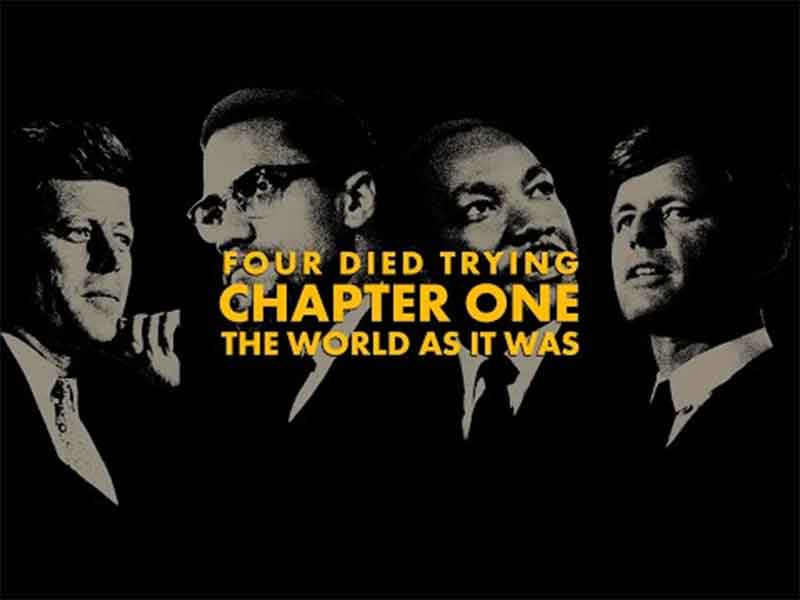
The explosion of the #MeToo movement, the burgeoning discussion around sexual predators and the vulnerability of victims of sexual assault makes it even more pertinent to carefully and minutely examine the vocabulary of sexual assault in popular culture. Rape narratives that pervade literature, newspapers, popular culture, law, activism etc, help “organize, understand, and even arguably produce the social world” (Sara Projansky Watching Rape).
Victimhood is a social construction and victims are defined and described in particular ways to achieve particular ends. More often than not depiction of violence against women in popular culture and media acts as an instrument of control by suggesting that women should be virtuous and careful if they want to avoid getting raped. Rape is often perpetrated by a stranger, women who dress in a ‘provocative’ way are more prone to getting raped, those who are respectable and ‘decent’ don’t deserve rape and rapists are poor and abnormal, are some of the most commonly held perceptions about rape.
Delhi Crime and Unbelievable, shows which released on Netflix in 2019, are based on actual cases of rape in Delhi and Washington respectively but make conscious attempts to not show rape on screen, as many among us have got used to rape porn or “the voyeristic view of quasi sexuality” (Susannah Grant).
Delhi Crime is an Indian crime web television series that revolves around the police investigation of the 2012 case of gangrape of ‘Nirbhaya’, a physiotherapy intern who was abducted and raped in a moving bus. Since the show was aired, reviewers have hailed this show as one of the grittiest and most engaging crime shows from India but many of them have also pointed out the unabashed attempts to valorise the Delhi Police in terms of the way they investigated the crime despite logistical hurdles like power cuts, lack of availability of vehicles, constant interference of scheming politicians or privileged protestors for whom protests are an ‘extracurricular activity.’ The show takes recourse to every assumption about rape victims and perpetrators. The head of the Special Task Force, Bhupinder implies that it was the public displays of affection by Nirbhaya’s friend that possibly led to Nirbhaya’s rape. DCP Vartika Chaturvedi who is quick to admonish her juniors for their incompetence or lack of sensitivity is curiously silent when Bhupinder says this. Another police officer attributes the heinousness of the crime to ‘economics.’ He points out that ours is a country which may not be able to give literacy and sex education to its youth but makes internet and pornography accessible. The desires created by pornography are then satiated by these illiterate and disgruntled poor men by forcing themselves on women because as it is they “have nothing to lose.”
T. Christian Miller and Ken Armstrong’s Pulitzer winning report, “An Unbelievable Story of Rape” delved into the rape of Marie, a teenager in Washington who reported a rape and a few days later confessed that she had lied. The report talks of the case of a serial rapist handled by a pair of Colorado detectives in 2011 which led them back to Marie. The eight episode miniseries Unbelievable, a fictional retelling of these cases, was released on Netflix in 2019. The lead detectives of Marie’s case ask her to repeat what happened to her umpteen number of times and in the end refuse to believe her because of the alleged inconsistencies in her story. It was assumed by her foster mother and the police that her traumatic childhood had made her desperate for attention and care. Her confusion, discomfort, fragmented memory, inability to recount and articulate what she went through is construed as lying and deception. By the time Marie reported the rape, sex crime specialists had put together a set of guidelines or protocols to follow, “Investigators, one guide advised, should not assume that a true victim will be hysterical rather than calm…Nor should police get lost in stereotypes — believing, for example, that an adult victim will be more believable than an adolescent”(“An Unbelievable Story of Rape”).
The focus on the investigation conducted by the Colorado detectives, offers a counterpoint to the investigation of Marie’s rape by the Lynwood officers. When Karen Duvall meets Amber, who was raped in her apartment, she takes her to a safe and private space, later tells her about the ‘professional’ nurses who will be taking her samples, and when Amber is apologetic about not telling her friends about her rape, Duvall assures her that there is no need to explain any of her decisions or choices to anyone. Unbelievable refuses to turn the rape survivors into the archetypical rape victim, indicating how different victims are affected differently by sexual assault. While Amber remembers visual details lucidly and recounts how out of fear that he would kill her, she kept him engaged in conversation and managed to learn a lot about him, another survivor remembered auditory details like the zipping and unzipping of the bag.
In Delhi Crime, the rhetoric of victimization is used not only for Nirbhaya but also and even more so for the Delhi Police. To call someone a victim is to indicate how that person was harmed by forces beyond their control, thus establishing that they were injured and the responsibility for the same lies outside the victim. The construction of victims leads to a simultaneous constitution of perpetrators as well (“Rethinking Victimization” Holstein and Miller, 1990) and in Delhi Crime, it is the judiciary, the political and ideological battle between the Delhi government and Central government and the privileged and violent protestors who are seen as “victimizing” the well meaning and tireless Delhi Police.
Considering the reach and popularity of streaming platforms it won’t be wrong to assume that they would play a key role in framing discourses around caste, class, gender, sexuality, race, region and culture among many other things. While Unbelievable sensitively and empathetically reveals the different ways in which rape survivors deal with trauma and the sensitivity with which investigation of assault should be conducted, Delhi Crime panders to populist ideas and theories about sexual assault while portraying one of the most gruesome crimes this country has ever seen.
Richa Chilana is currently teaching at the Department of English, Maitreyi College, University of Delhi. She recently submitted her PhD thesis titled “Negotiating the Veil: Purdah in Twentieth Century Indian English Writing” at Centre for English Studies, Jawaharlal Nehru University. She has an avid interest in Gender Studies, Indian English writing, Post-Colonial literature and Women’s Writing. Email id- [email protected]
SIGN UP FOR COUNTERCURRENTS DAILY NEWSLETTER
















































